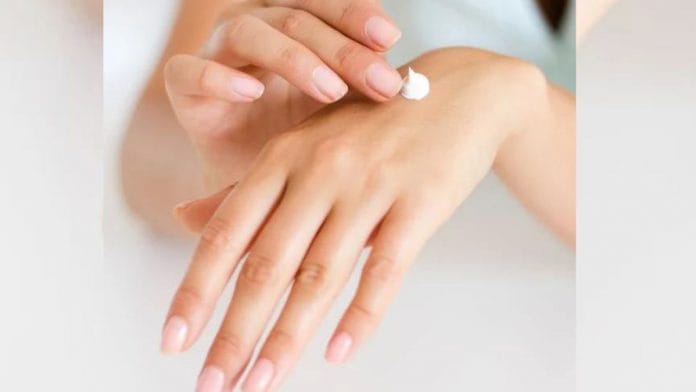With 1.4 billion people – roughly 17 per cent of the world’s population – India grapples with a significant challenge. Seven-10 million of its residents sustain burn injuries annually, with a grand total of 18 skin banks to treat them. A mere 18, thanks to a lack of research, development and innovation in this direction.
According to The Indian Express, the country had only 16 skin banks before 2023 – seven in Maharashtra, four in Chennai, three in Karnataka, and one each in Madhya Pradesh and Odisha. North India only got its skin banks this year, in Delhi and Chandigarh. Skin banks are medical facilities where skin and tissue from an eligible donor are processed and stored for up to five years.
The skin of a deceased person can be donated within six hours of their death after consent is taken from their next of kin. The skin is then extracted, harvested and processed, which takes five to six weeks. Post this, they are stored at an appropriate temperature in skin banks. This storage is imperative for the timely treatment of electrical burns, chemical burns and road traffic accidents that require skin grafting, as well as for slow-healing ulcers, cancer treatment and more.
“Organ donation is different from skin donation. First off, organ donation is from those declared brain dead whereas skin donation can be taken from a donor within six hours of their death,” Dr Shalabh Kumar, head of the burns and plastic surgery department at Safdarjung Hospital, told me.
Then why is India struggling to make any progress?
Organ donation is, to date, not a widespread practice in the country. Due to different funeral rituals, most people have a certain hesitancy when it comes to donating skin. In the cases of people who are intrigued, information is either not easily accessible or interspersed with rumours.
Each state follows its own organ donation guidelines, roughly based on the 1994 Transplantation of Human Organs Act. Consequently, standardised information platforms also vary from state to state.
As torchbearers of modern medicine, doctors need to start working toward awareness campaigns and fostering a better understanding of skin donation.
Understanding the importance of skin health is crucial, especially as we age. Many individuals face various skin issues that can be effectively managed with proper care. For instance, geriatric skincare is essential to address common concerns such as dryness and skin cancers.
Also read: Your hair loss is not solely about genes. Air pollution is turning you bald as well
Busting skin donation myths
Only certain people can donate skin: Anyone, irrespective of their blood group and sex, can donate skin. The minimum age to be a donor is 18.
Donation will deform the donor: Absolutely not. The skin is removed from the back of the thighs and the back and is properly bandaged. A very thin layer (comprising of the epidermis and part of the dermis) is taken out, maintaining the dignity of the donor.
Donors need to match recipients for skin donation to work: Anyone can donate their skin – there is no need for age matching, colour matching or blood matching. In fact, as Dr Kumar notes, a recipient does not need immunosuppressants as matching isn’t required.
Fostering better understanding
Doctors need to start discussing skin donation as a part of primary health care. They must bridge the information gap for those interested in learning about skin donation. Conversations around skin donation must be factual and resonate with the person in question. Information on the internet is limited and the source cannot always be trusted. People should always be able to turn to their doctors.
Next comes research and development. Any breakthrough in medicine starts from here.
The five-year storage period at skin banks opens up many research opportunities. State and central hospitals must, thus, collaborate on this research. Committees with leading scientists and experts should be set up to promote and champion the cause of skin banks.
The current law states that a foreign national can only receive an Indian national’s donated tissue if they are close relatives, with prior approval necessary even then. This obfuscates the essence of a skin bank – which aims to support treatment globally by providing skin to those in need. These banks can store skin for three to five years, which means we have a narrow time frame to utilise an important resource. It’s high time that India takes forward – and not backward – strides in this direction.
Dr Deepali Bhardwaj is a dermatologist, anti-allergy specialist, laser surgeon and internationally trained aesthetician. She tweets @dermatdoc. Views are personal.
(Edited by Zoya Bhatti)







Brilliant ?gives a fresh perspective of organ donation. It definitely is motivating to donate organ(s).